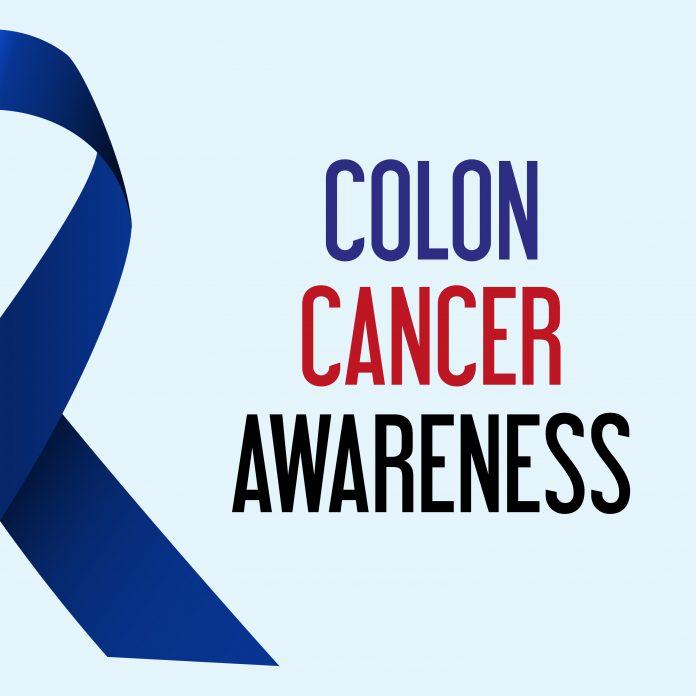March is colon cancer awareness month. Otherwise known as colorectal cancer, most seniors know someone who has been affected by this disease. It’s the second leading cause of cancer and the third most common cancer among men and women.
Colon cancer has certain risk factors as well as symptoms. It is also beatable and there are a number of treatments.
What are the risk factors for colon cancer?
• Age. As you get older, your risk of developing colorectal cancer increases. Most of those diagnosed are over 50.
• Heredity. Those who have a relative who has been diagnosed with colon cancer are more at risk. There are also syndromes which are inherited and passed down through the generations which increase your risk of colon cancer.
• Diet. Too much red meat and not enough vegetables and fruits increases your risk of many diseases, colon cancer included. A high fiber, low fat diet is always best.
• Weight and physical activity. Staying physically active and keeping your weight down will cut your risk of developing colorectal cancer.
• Alcohol and smoking. Consumption of alcohol, especially beer, puts you at a higher risk of developing many cancers, including colon cancer. Smoking is also a risk factor.
Never ignore the symptoms of colon cancer. Though many of the symptoms are similar to those of other diseases, see a health specialist immediately and get tested.
The most common symptoms are:
• A change in your bowel habits that lasts for several weeks or more. Diarrhea, constipation or a change in the consistency of your stools.
• Blood in your stools or bleeding from the rectum.
• Weakness, a feeling of constant tiredness or unexplained weight loss.
• Cramps or pain in the abdomen, gas that doesn’t go away.
The most common tests for colon cancer are:
• Colonoscopy, which lets your doctor examine the inner lining of your large intestine.
• Flexible Sigmoidoscopy, which looks at just the lower portion of the colon.
• Fecal Occult Blood Test, which identifies blood in your stool that is invisible to the naked eye.
A diagnosis of colon cancer is not the end of the world. There are several surgical treatments and all have a very high rate of success.
• Surgery. The cancer and surrounding areas can be removed by colonoscopy. If the cancer has spread beyond the colon wall, part or all of the colon can be removed.
• Radiation Therapy and Chemotherapy. Both use oral or injected drugs to target cancer cells. In the case of radiation therapy an outside xray machine may be used.
Every day there are new treatments being designed to fight colon cancer. The month of March is to bring awareness. Awareness to those who may not recognize the symptoms or realize that there is a way to fight this disease. If you have any medical questions involving symptoms, please see your doctor.
























